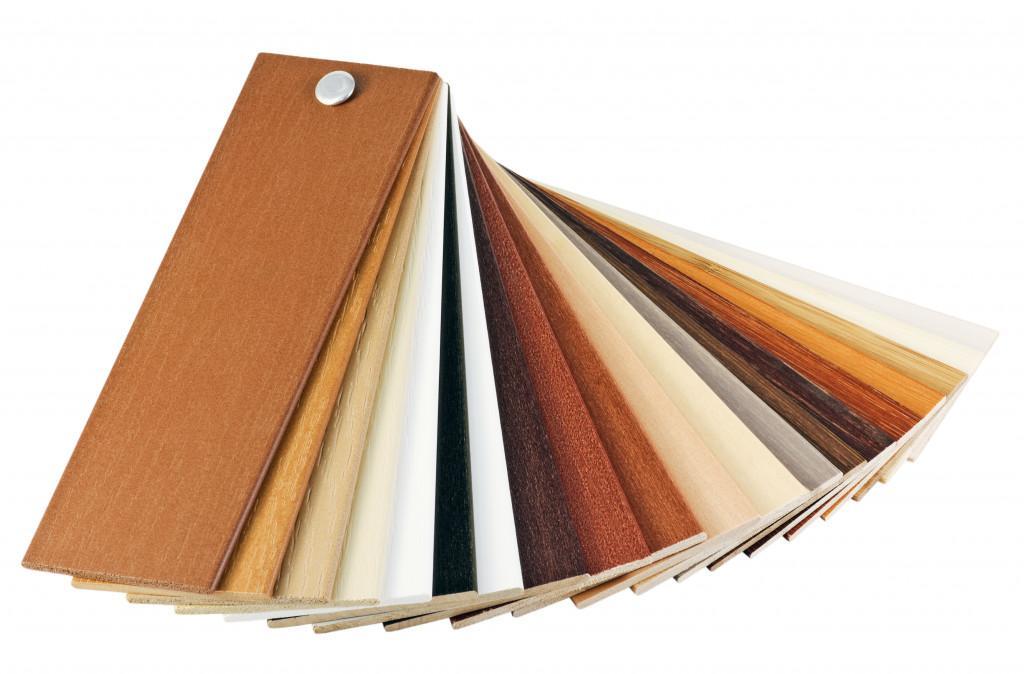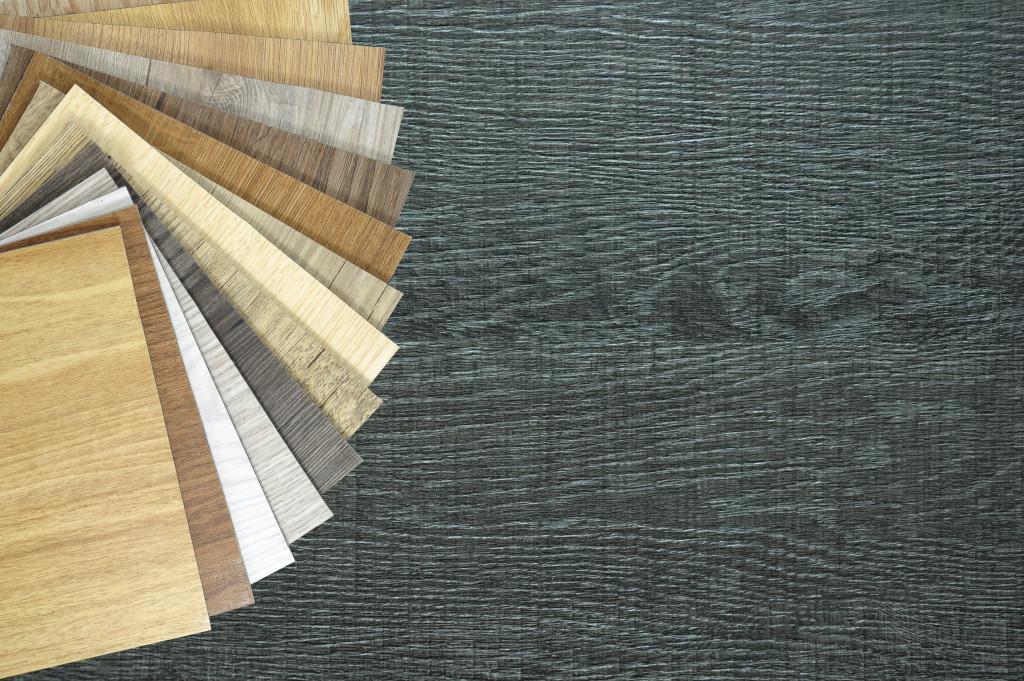More homeowners prefer sustainable flooring materials since they contribute less to the carbon footprint. For this reason, the likes of cork and hardwood floors are becoming popular these days.
But which one goes well with your budget, style, and home?
What Are Cork and Hardwood Flooring?
Cork is a natural flooring material made from the bark of cork oak trees. After the bark is harvested, it is dried and then ground into thin strips. These strips are then glued together to create panels or tiles.
Cork flooring is available in several colors and patterns. It comes in:
- Sheathing: A thin layer of cork glued to a plywood or HDF core.
- Tiles: Made from cork compressed and heated and then cut into square or rectangular tiles.
- Floating Floor: A type of cork floor not attached to the subfloor.
Meanwhile, hardwood flooring is made from sawn or sliced tree parts. It comes in different forms. One of these is solid hardwood. This flooring type consists of a single piece of hardwood, such as oak or bamboo.
Another is engineered wood. This flooring has a thin top layer of hardwood and a thicker bottom plywood layer, which is an essential part of the construction.
Hardwood floors are available in many species. They make up more than 70 percent of the market share, with oak being the most popular species. Other varieties include maple, birch, hickory, and pine.
Hardwood vs. Cork Flooring
Both are sustainable, environment-friendly materials. This is true for hardwood as long it comes from a certified forest. But they also have significant differences, which can affect your choice in the end.
To know which is better for your flooring, let’s compare them using the following factors:
1. Durability
A proper installation can help prolong the life of your flooring. It will also help absorb shocks and make cleaning and maintaining the area easier. However, each still has inherent characteristics that determine its durability.
Cork floors are water-resistant and fire-resistant, making them more durable than hardwood. The cork’s durability depends on the quality of its manufacturing process, while there is no question about the durability of hardwood. Hardwood is also more resistant to scratches and dents, making it a good choice for high-traffic areas.
When it comes to moisture, cork is the better choice. Cork can absorb up to 30 percent of its weight in water before it feels wet. On the other hand, Hardwood swells and contracts with changes in humidity, which may lead to warping and gapping.
2. Price
Cork is cheaper than hardwood. You can buy it for no more than $3 per square foot. On the other hand, hardwood floors cost at least a pound more, depending on the type.
Why are hardwoods expensive? Apart from the fact that they are natural materials, hardwood comes from old-growth forests and mature trees. These trees take a long time to grow and harvest, which drives their price. Meanwhile, cork is harvested once every nine years.
If you want something more affordable, you can choose engineered flooring. This type is cheaper than solid wood but has the same characteristics as hardwood.
3. Ease of Installation
Cork is often considered a DIY-friendly flooring. It goes well with adhesive and floating installation, making it easier to install than hardwood. It is similar to engineered flooring.
Hardwood tends to be more challenging to install than cork since the former does not go well with adhesive. Usually, a glue-less installation technique is used for this type of material, such as tongue and groove or click locking.
4. Comfort
Cork is known for its cushioning effect, making it a comfortable choice for people who want flooring that reduces noise and impact. However, cork offers minimal cushioning.
Hardwood floors are a better option if you want more comfort. They have a luxurious feel and quickly feel warm unless you’re prone to having cold feet. Meanwhile, the hard surface is also suitable for people with allergies because it does not trap dirt and dust.
5. Aesthetics

Both cork and hardwood come in various colors, styles, and finishes. But if you want a floor that can be easily stained or has a natural look, go for cork. Hardwood is available in a variety of colors but is subtler than cork.
Cork and hardwood are two of the most popular flooring materials available today. They have unique characteristics that set them apart from each other.
When it comes to durability, cork is a good choice because it is water-resistant and fire-resistant. It is also cheaper than hardwood. On the other hand, hardwood is a good choice for high-traffic areas because it is more resistant to scratches and dents. It also offers more comfort than cork.

